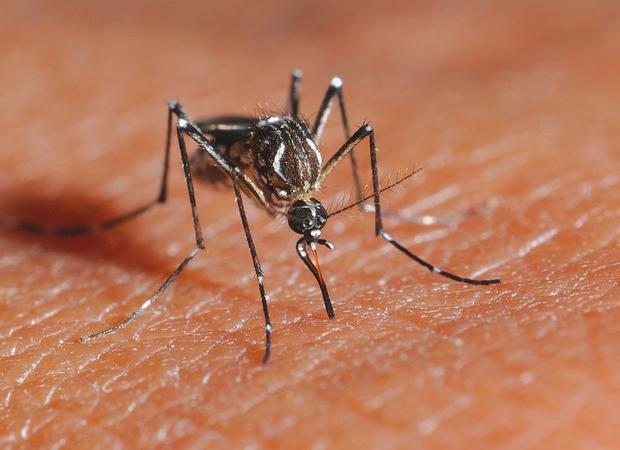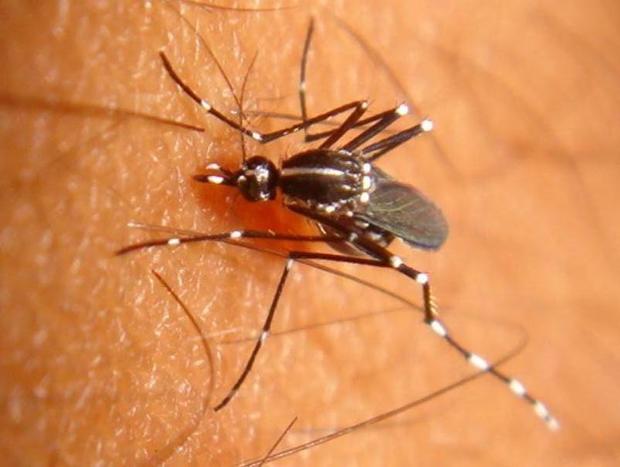How To Identify Deadly Yellow Fever Mosquito As Invasive Species Spreads In Bay Area
SAN FRANCISCO (CBS SF) -- With the spread of the deadly Yellow Fever Mosquito Aedes aegypti, discovered for a second time now in Menlo Park, mosquito control agencies are spreading the word about how to spot the dangerous insect, and control it.
The Yellow Fever Mosquito was spotted in January at Holy Cross Cemetery in Menlo Park, and another mosquito was found in the same city last August.
With 19 or more species of mosquitoes in our area, it's important to know which kinds are the most dangerous.
DANGEROUS MOSQUITO SPOTTED: KCBS Report
The Aedes aegypti is small and dark brownish, with a violin pattern on its back and white markings, and banded legs. It's active during the day, and may be spotted inside your home.
The more common and less dangerous Western Treehole and Summer Salt Marsh Mosquitoes do not have the white markings.
FIGHT MOSQUITOES: Resources From Santa Clara County
- Dump and drain all standing water around your home.
- Discard or store inside all unused containers, cans, buckets, or old tires.
- Remove all water dishes from beneath potted plants.
- Add sand or drill drain holes in the bottom of all plant pots.
- Throw away trash in your yard including wrappers and bags.
- Clean out rain gutters and lawn drains to ensure water does not collect.
- Make sure rain barrels are completely sealed to prevent mosquitoes from entering.
- Empty bird baths and small fountains completely or clean them thoroughly every 3 days.
- Request free mosquitofish from the district.
- Report mosquito sightings, daytime bites, or breeding sources immediately!
Some personal protection measures you can take are:
- Dress appropriately by wearing long sleeves and pants when outside.
- Defend against mosquitoes by using DEET or other EPA-registered repellents.
- Be sure window and door screens are in good repair to prevent mosquitoes from entering the home.





